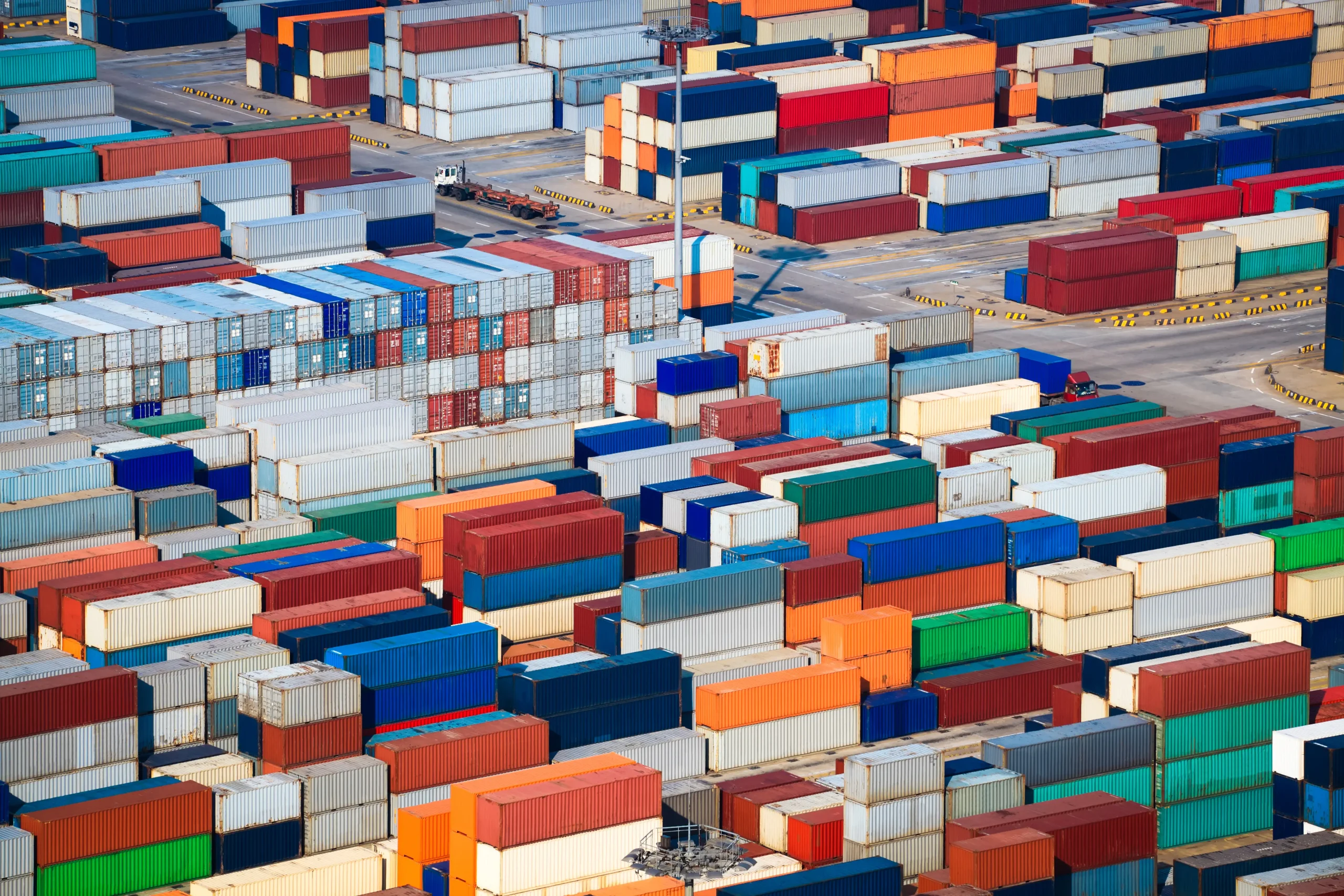Tariffs are a tax on goods that enter the country. They are not new. In 1913, the Underwood Tariff Act essentially moved us from using tariffs to raise taxes and instead use federal income tax. This lowered tariffs from 40% to 25%.
Currently, federal revenue primarily comes from income tax instead tariffs. In 2024, 1.57% of federal revenue came from tariffs (per Congressional data). I’m using broad data to show that tariffs that 100+ years ago tariffs played a much bigger part in the economy. Until recently, they are a niche element of the federal revenue stream. As it turns out, there is a part of the government (the US International Trade Commission) that tracks these tariffs across a bunch of industries through the Harmonized Tariff Schedule (HTS) which trac. There are 98 “chapters” on those industries. If you’re curious, the list is here.
Overall, while tariffs aim to protect domestic industries, they can introduce complexities and additional costs for government contractors. … and here we are. As for GovCon, there can impact all 3 elements of a contract: Schedule, performance, and price.
Tariffs impact schedule because they disrupt supply chains. When a product is harder to sell, people make fewer of them (since they can’t sell as many). In GovCon, many products are needed regardless of what the economy does (think DOD, medical services for veterans, emergency response equipment, and so on). When these imported products are more expensive to import…or parts of them are…the interest in making them drops…which means they take longer to get.
Tariffs impact performance. Take the same impact to schedule above and consider that the contractor may not be able to get the part at all, regardless of schedule. Some parts may be so difficult to get that they the contractor cannot get them at all. This may be particularly true for niche DOD products that companies in allied countries make. The companies may simply stop selling them to US, or stop making them at all. This impacts contractors’ ability to deliver on the contracts they signed with the government.
Tariffs impact cost, obviously. Contractors may be entitled to recovery from certain costs due to tariffs. However, they may not. Either the US government is covering the increased cost from the tariff (though a cost type contract for example) or the contractor is. Either way, the costs are going up.
For more detail on GovCon tariffs, see episode 501 of the Contracting Officer Podcast. Use promo code KJ10 to get 10% off your subscription.



